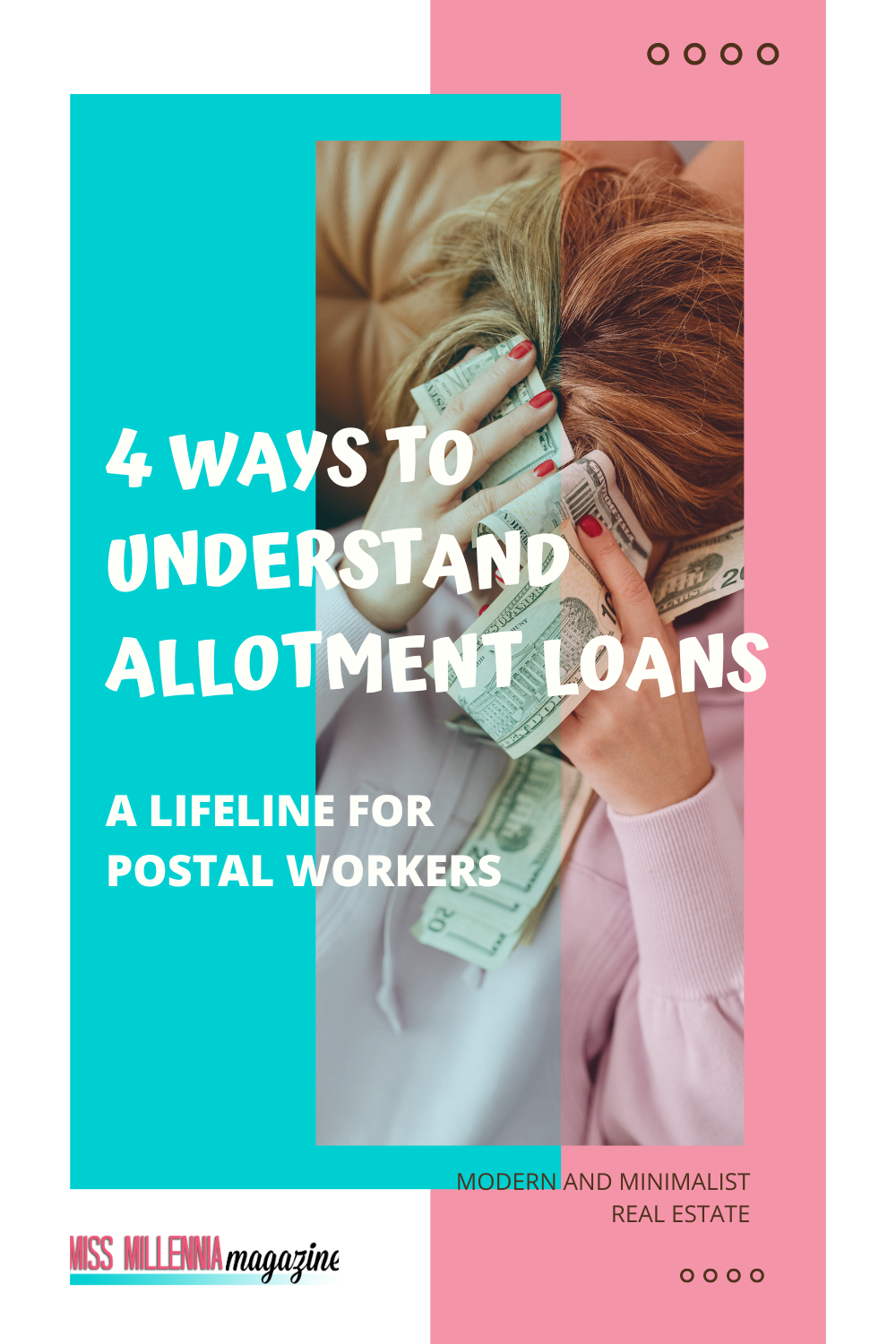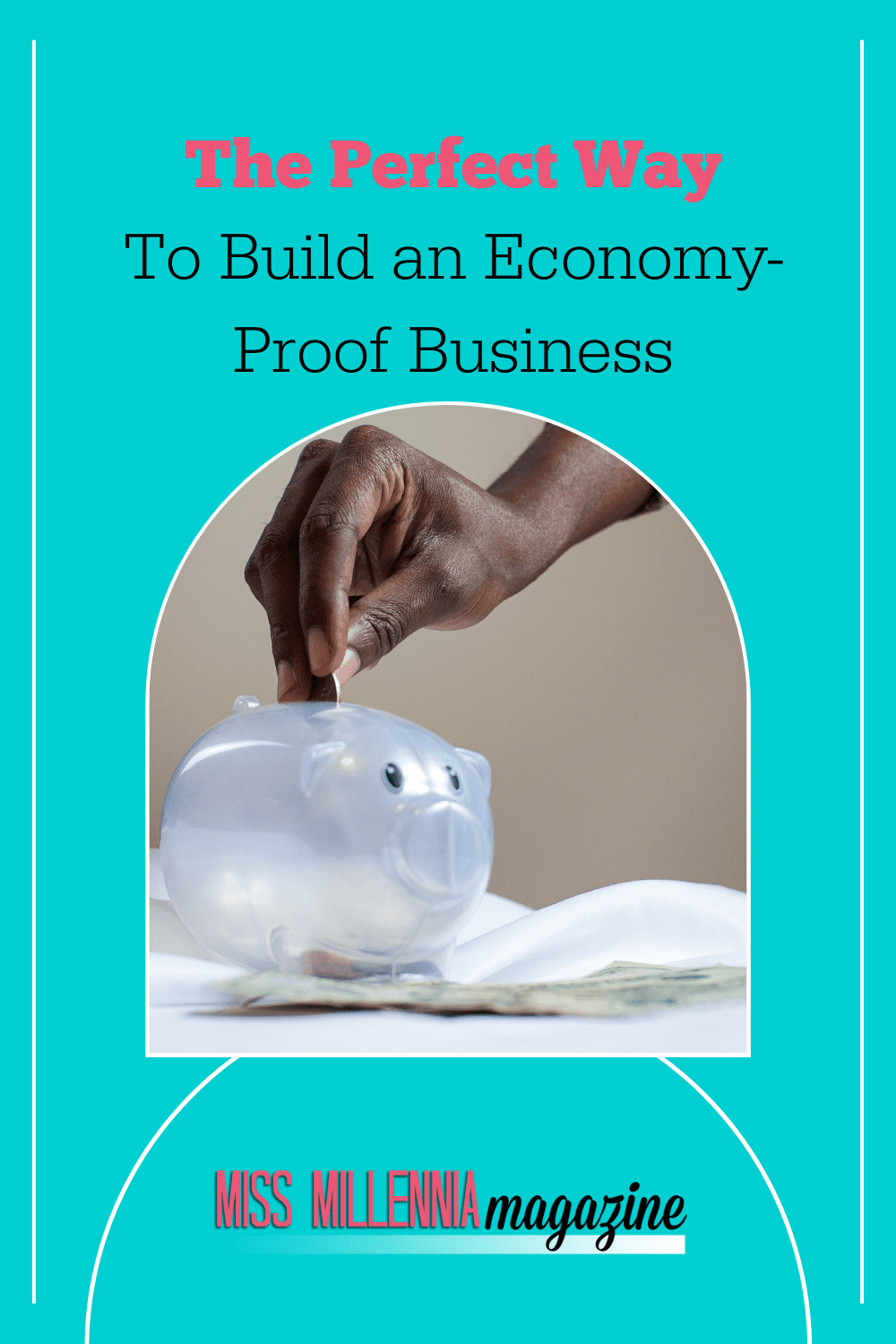Online Loans: A Guide To Safe Borrowing

Borrowing money is an awkward conversation or something that is hard to deal with for so many of us. Sometimes accepting you need a little financial help can be like admitting defeat and we almost do it shamefully when actually it’s extremely common to need a little extra funding at different times in our lives. Trying to do things in the shadows or keep things low-key, or refusing to confront your mounting debt of issues, leads to unsafe borrowing and risky financial behavior.
For many millennials out there, they may have never taken a loan out before. This may mean they don’t know the first thing about repayment terms or credit scores and lenders are baffling them with financial jargon.
To avoid committing to a loan you don’t understand and to manage your finances safely, follow our tips to ensure you get back on top in no time and are not penalized for mistakenly opting for the wrong product. We’ll be talking you through some of the tips to help you practice safe borrowing:
Only Borrow From Transparent Lenders
The organizations that regulate the financial markets encourage transparency. This is true for EU, US and UK financial industries, for example, in the UK, the FCA (Financial Conduct Authority) and the CMA (Competitions and Market Authority) monitor how lenders, insurers and other players in the financial industry market their products to customers. This helps to ensure that companies are not miss-selling their products as this can have serious ramifications when it comes to their financial future.
Companies that are misleading you could be selling loans that are not suitable for your situation and are not realistically affordable for you to meet the repayments. Missing a payment on any kind of loan can act as a black mark on your credit score, resulting in more expensive or riskier borrowing options in the future.
Of course, a creditor will try to promote their lowest or best value loan, but this is one of the red flags you should look out for. In the UK, 13% of consumers take out a more expensive loan than they originally intended. This happens if you have applied directly to a lender for online loans because the company has advertised a low representative APR, but you are actually offered a loan with a much higher APR, this is a kind of false advertising. It is extremely important that lenders inform their customers of how much their loan could cost or at the very least the APR is subject to change, dependent on criteria. This will allow customers to have all the facts they need to make a responsible financial decision about your loan.
There is also another, simple reason that transparency matters; Companies try to confuse their customers with financial jargon they do not understand. This could be why younger people, including the millennial demographic, are struggling the most with debt. A fantastic, thumbs up for a creditor is if they explain things simply and in-depth for their customers. Skimming over the real facts can be just as bad as baffling customers because they won’t have the data they need to make an informed decision about their loan or financial product. You should not have questions about your loan before you commit to it; a lender should explain the whole process. Some questions to ask are:
- What is the repayment structure like?
- How will payments be taken from you?
- Is there an early repayment penalty?
- How much will repayments be? – Be aware that a transparent lender will tell you if this will change throughout the term of the loan, for example, if you have an incentive rate period.
- Are there any broker fees or commission costs?
- Who to contact and what to do if you cannot meet repayments?
- What kind of protection are you entitled to?
- Where should you go for debt help?
Consumers are also entitled to know why they were rejected for a loan. If you have applied direct, you can ask a lender why they have rejected an application and they are obligated (in some markets) to provide it to you.
Check Around At Consumer Opinions
You wouldn’t book a holiday without checking out the reviews, complaints and probably Trip Advisor, so why take out a loan without asking around? Consulting consumer finance websites could give you an unbiased and honest idea of what the company you are dealing with is like; you could also find out so much more about the company you might be getting into bed with.
To illustrate, look at the example of a payday loan lender, Quick Quid. Owned by US-based Enova, the company was uncompliant to the regulations in their market. As a result, consumers were miss-sold loans they simply could not afford and started complaining to the financial ombudsmen when they found themselves in a chronic debt cycle (another reason transparency is so crucial). This resulted in the short term lender pulling out of the UK market in October 2019, even whilst hundreds of consumer complaints are still going on. If a potential customer had looked up the reviews on this company, before they entered a loan agreement with them, they might have thought twice or reconsidered.
Secured Vs Unsecured Loans
An unsecured loan does sound like a suspect loan and perhaps something to be avoided, but this is wrong. An unsecured loan simply means that you have not had to put up anything as collateral to secure the loan. This means your house or other valuable assets won’t be at risk if you fail to meet repayments.
A secured loan is much riskier for borrowers, especially if you are worried you are not going to be able to meet the repayments or are struggling with debt as a whole. Secured loans are also known as:
- Homeowner loans
- Home equity
- Second mortgages
Some debt consolidation loans are also tied in against an asset, like your home. This might be a more suitable option, depending on your circumstances. It can be useful because you may get lower rates with a secured loan, which could make the payments more manageable, but these will be subject to fluctuations if the interest rate is not fixed. This could cause financial uncertainty and you could be faced with an unexpectedly large bill that has not been factored into a budget.
Make Sure You Only Borrow As Much As You Need
Before you borrow, one of the most important things to do is ask yourself why you are looking for the money. If you can raise the cash in a way that is not going to incur fees and interest, you will be better off doing it this way. Secondly, it’s vital you analyze why you are looking for the money and whether it’s for a responsible and real reason. We all know that consumerism is a real problem and we could all do more to save more and spend less. If you are in financial trouble because of overspending, you might consider negotiating an overdraft with your bank or investigate credit cards with an interest-free term which you might use to cover costs for a couple of months instead of taking out a loan. Please note, only incredibly ethical lenders will bring these to your attention because could deter you away from using their service, which might ultimately cut their profits.
Moreover, if you do decide that applying for a loan online is still the most suitable way to move forward, you should look for a lender that is able to offer you a flexible loan amount. This means you can choose how much you want to borrow. Avoid over-borrowing or over-committing to loans that are unrealistic to you. Lenders will run affordability checks on you to ensure you are eligible for one of their products, however, assessing if you can afford them, without compromising too much of your lifestyle is another matter. To do this, you may need to work out your disposable income.
Disposable Income
Disposable income is the amount of money you have leftover after all your priority bills and necessary living expenses are paid for. This includes your monthly loan repayments. As the cost of living around the world continues to rise, your available disposable income might be on its way down, but you haven’t adjusted your lifestyle accordingly. This might also be why you’re in a tight financial spot. Reports also show that the rise in the cost of living is one of the reasons more and more people are applying for personal loans online, so reassessing your outgoings could help you avoid the need for credit altogether.
To ensure you are practicing safe borrowing, before you commit to a loan, work out what your available funds will be after you factor your new loan repayments into your monthly outgoings. This might make you re-think the amount you are going to borrow, and you might choose to save up a little more and borrow a smaller amount. Sometimes, that just isn’t possible, and you might be in desperate need of money, fast. If that is the case, follow the next tip:
Think Long Term Impacts, Not Short Term Costs
As many people know, you must bear in mind the total interest cost and not the interest rate when you are looking for a loan.
Interest rates are important, but you will need to look at the bigger picture. As we have already established in this post, interest rates can be used as a marketing ploy and are the big-flashy sign in the window used to lure customers in. If this is all the lender is telling you, you will need to get your calculator out and work out the total cost of borrowing, because the best interest rate does not guarantee the cheapest loan as you need to factor in the loan term agreement. It could be so much cheaper to pay off your loan over 5 years at a higher rate, than at a lower rate over a longer-term. Of course, this will be subject to your financial situation and whether you are able to meet the repayments each month.
With tools that help us scour the web for the best deals on almost every product available, we are obsessed with how much we pay for things. On one hand, that’s a good thing but on the other, it might mean we are blinded by the cost and don’t look into the finer print. To ensure you are practicing safe borrowing, you should always read the fine print!
RESOURCES










